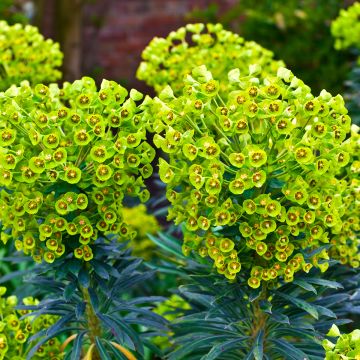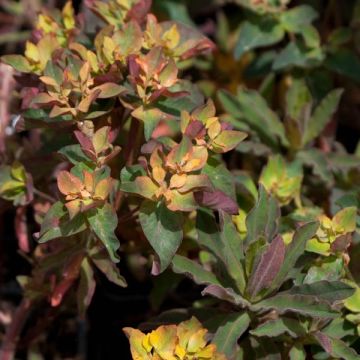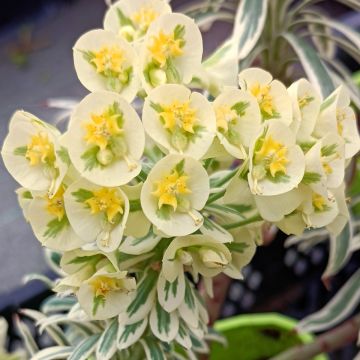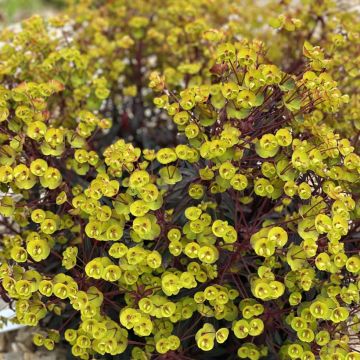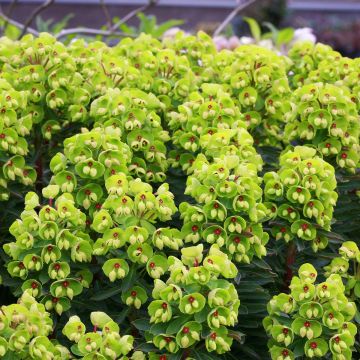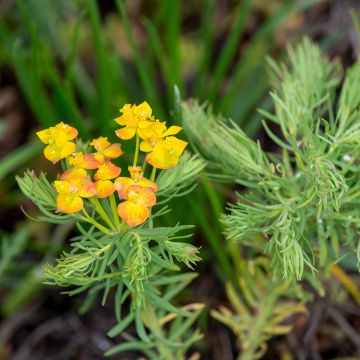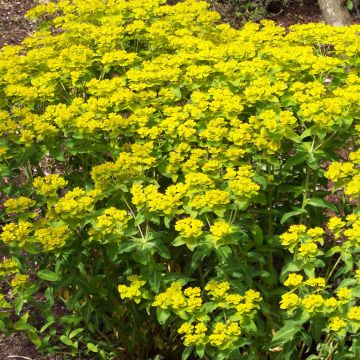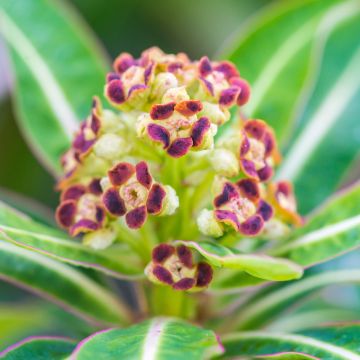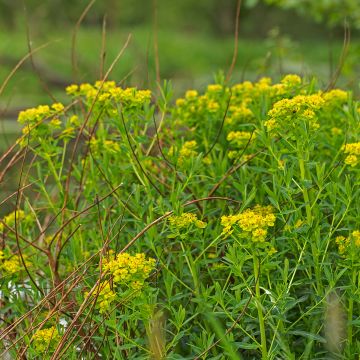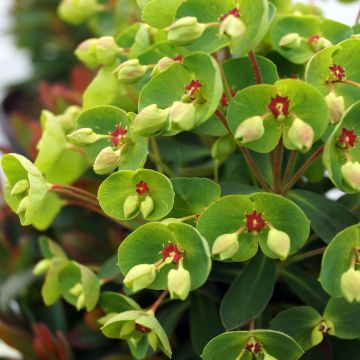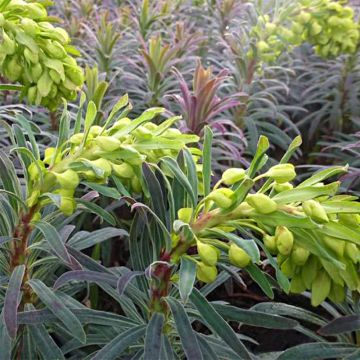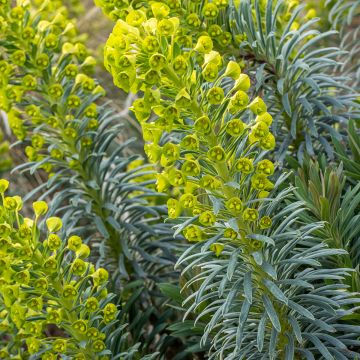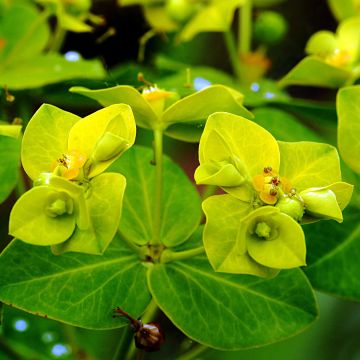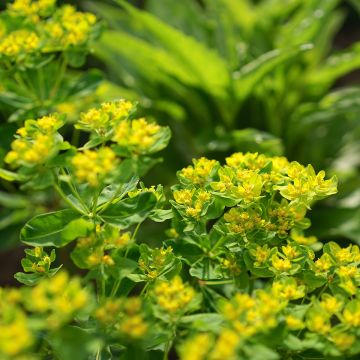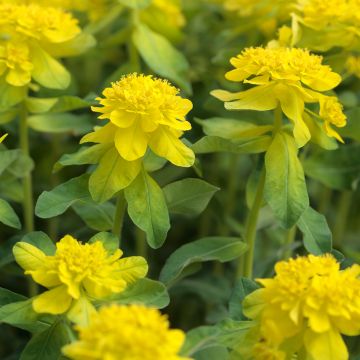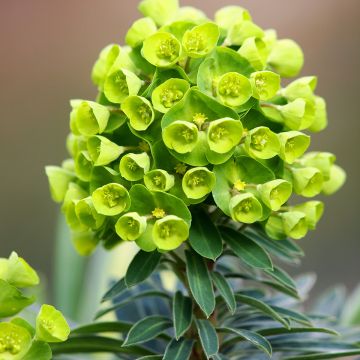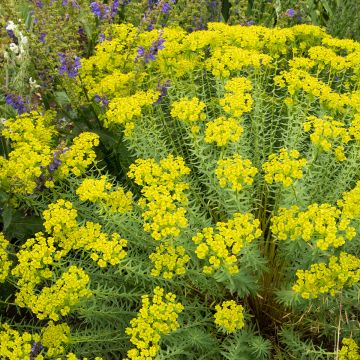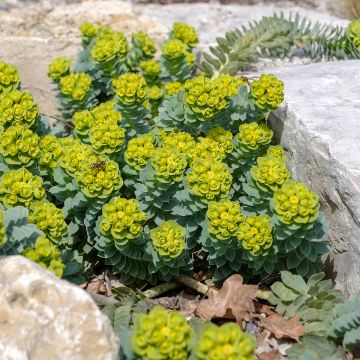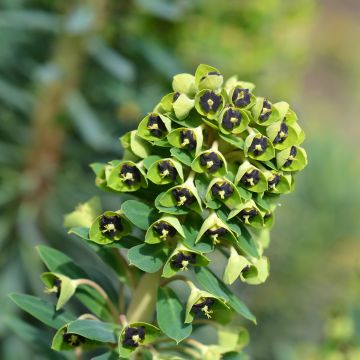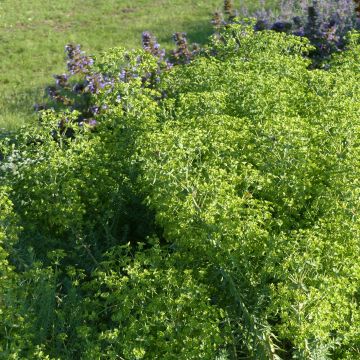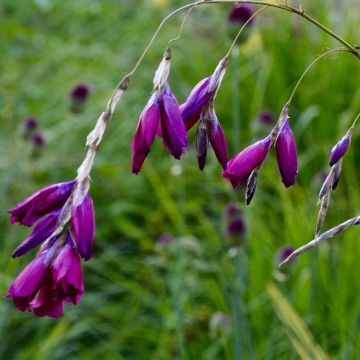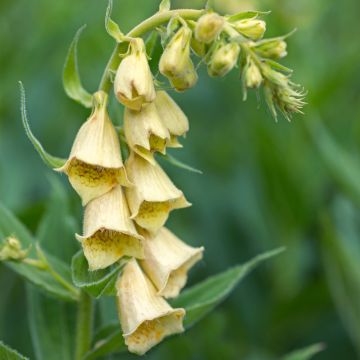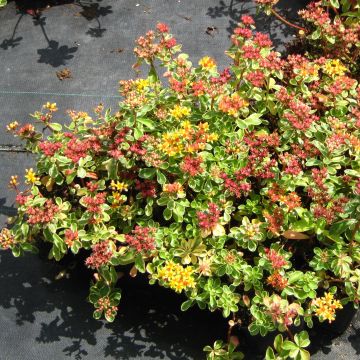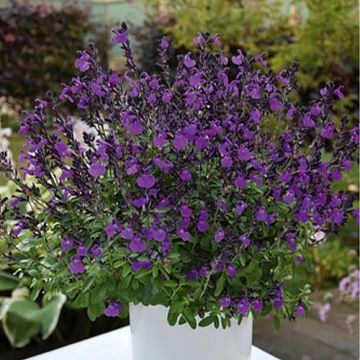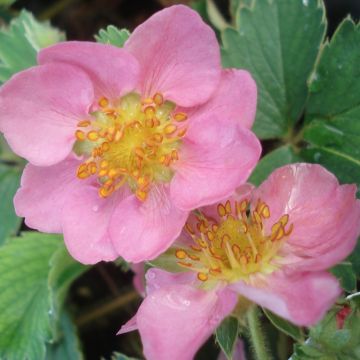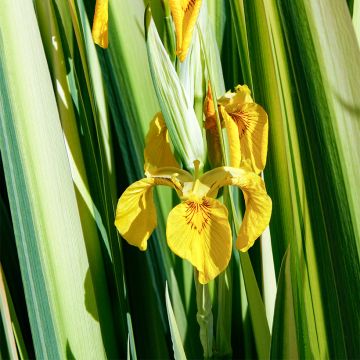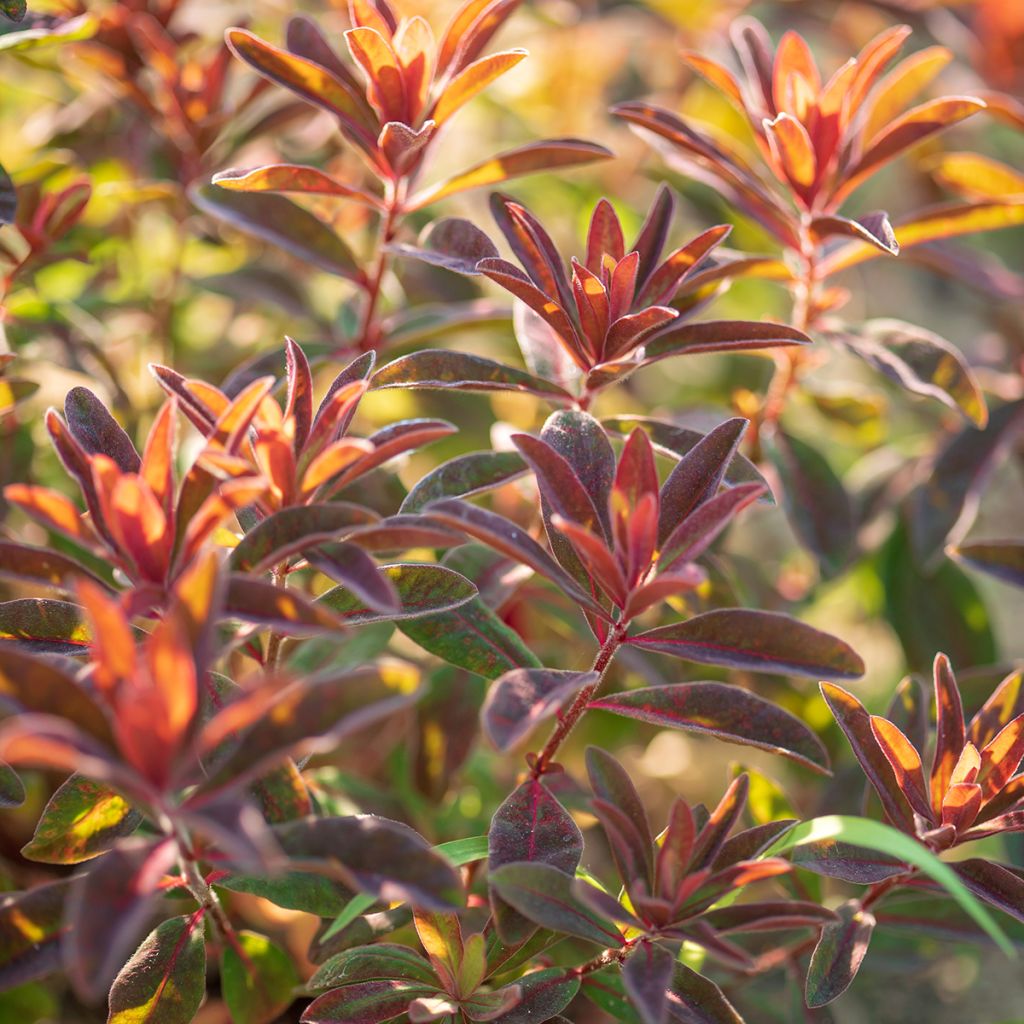

Euphorbia dulcis Chameleon - Spurge
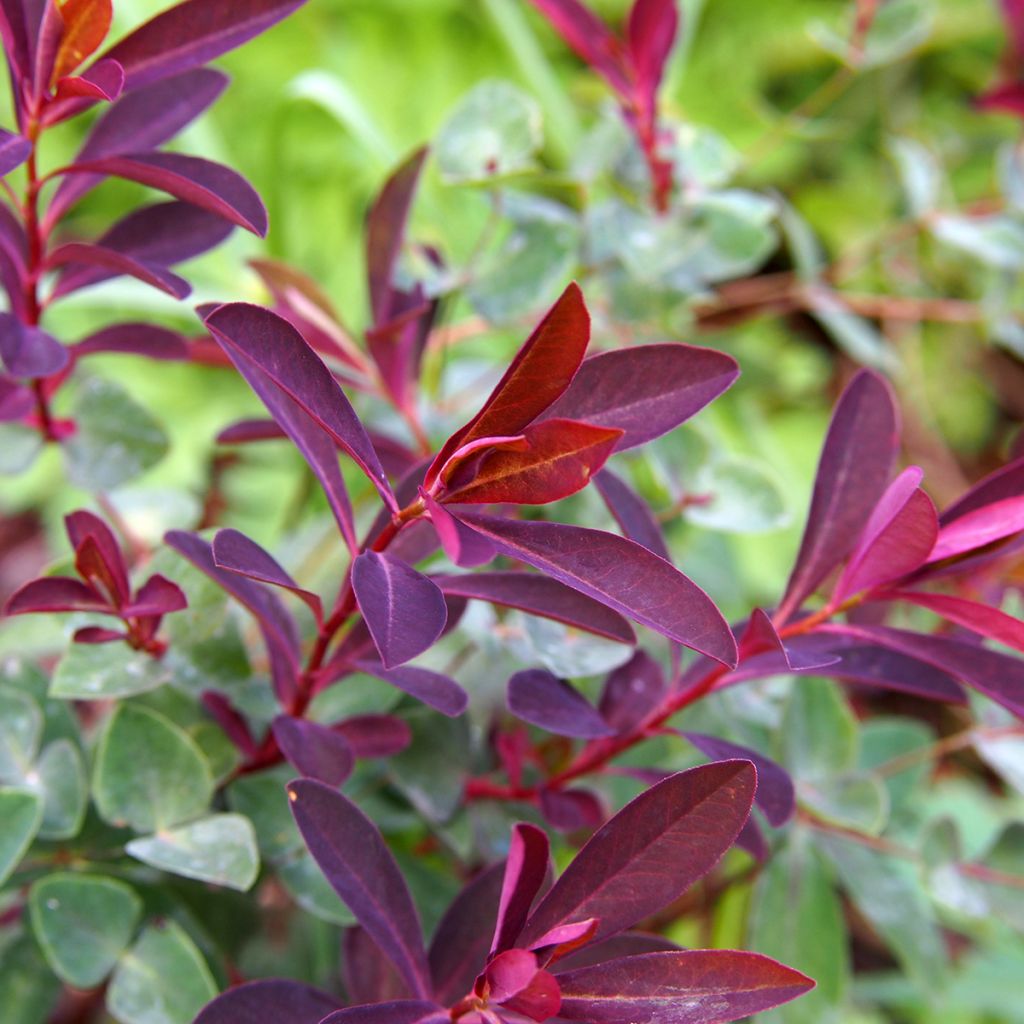

Euphorbia dulcis Chameleon - Spurge
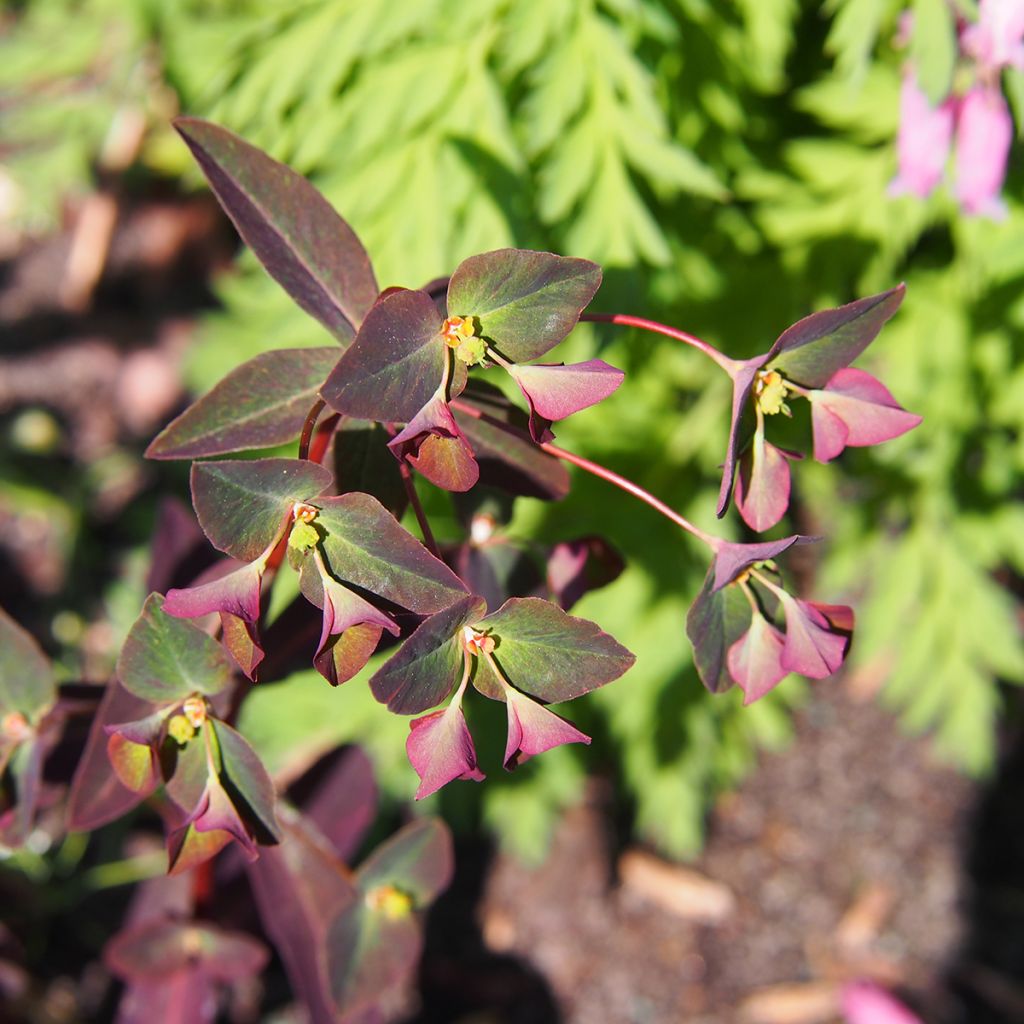

Euphorbia dulcis Chameleon - Spurge
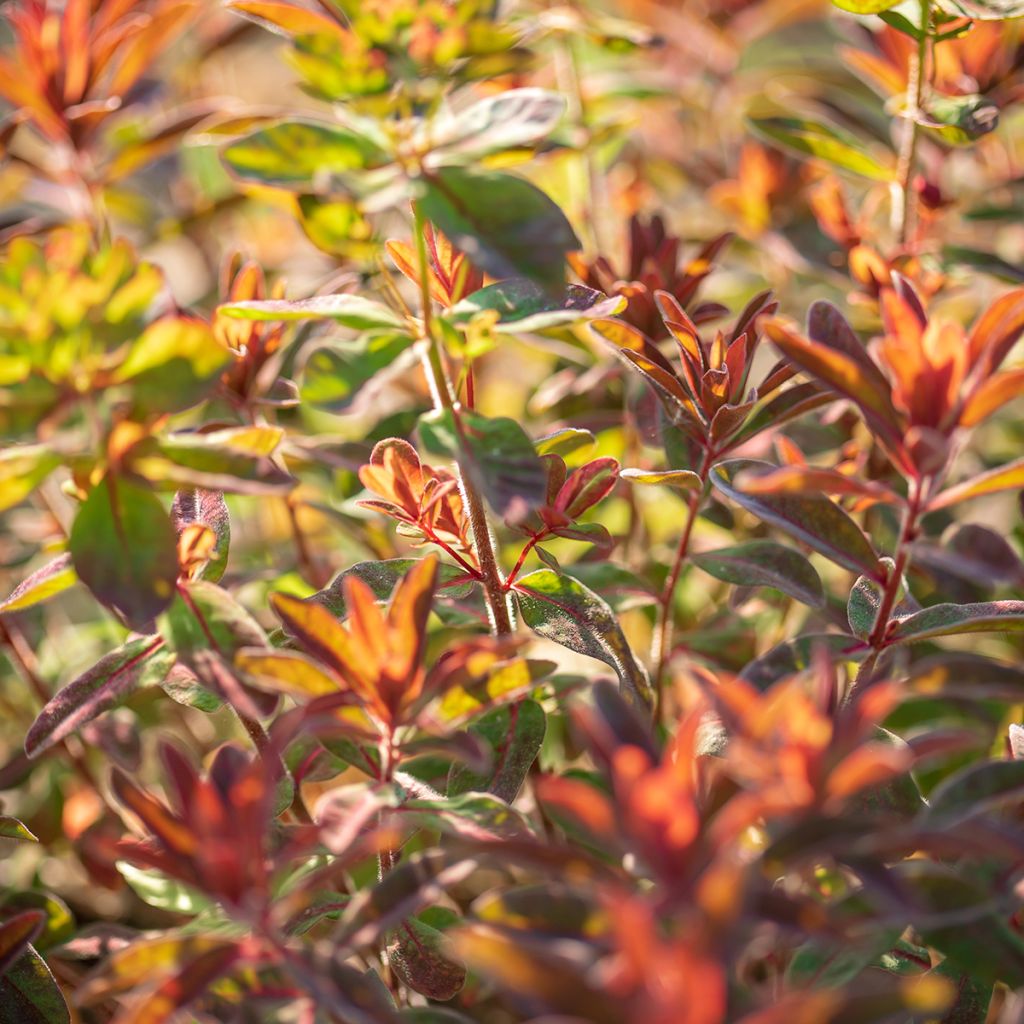

Euphorbia dulcis Chameleon - Spurge
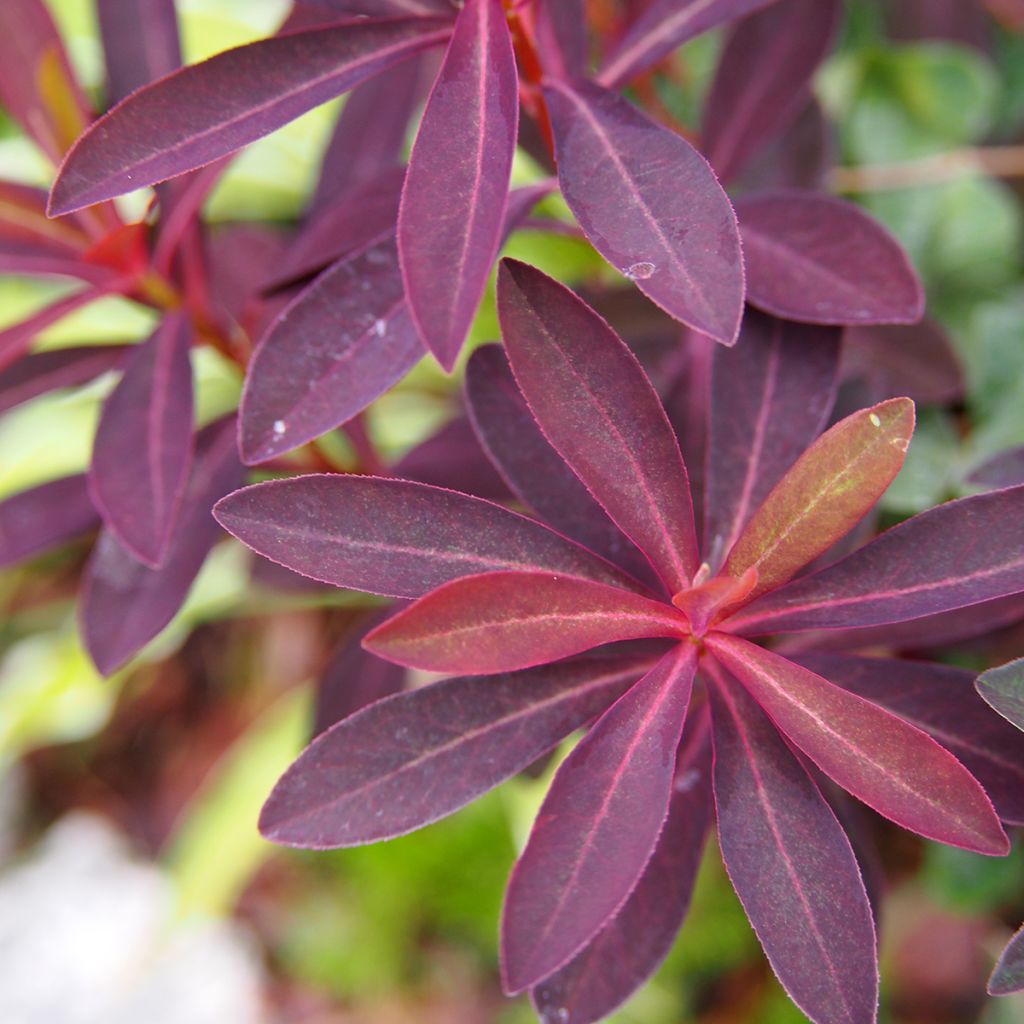

Euphorbia dulcis Chameleon - Spurge
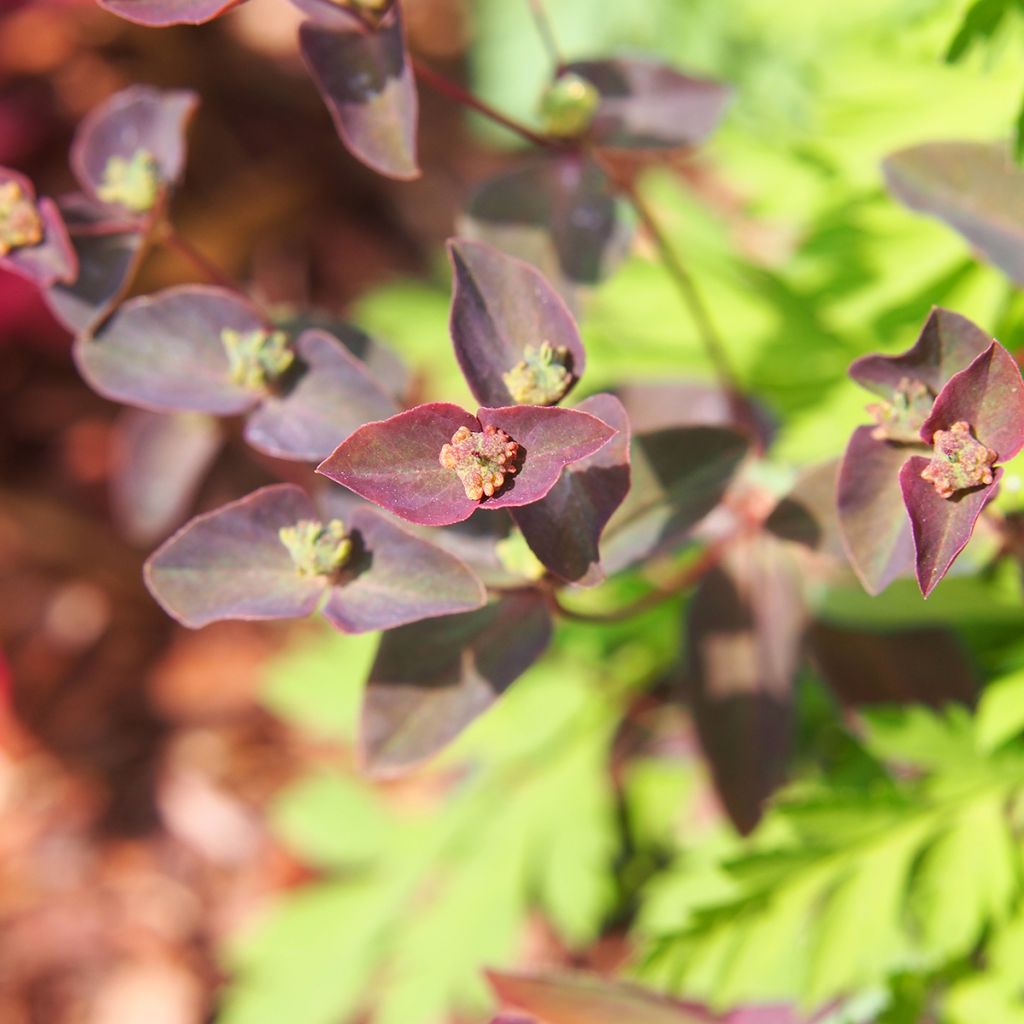

Euphorbia dulcis Chameleon - Spurge
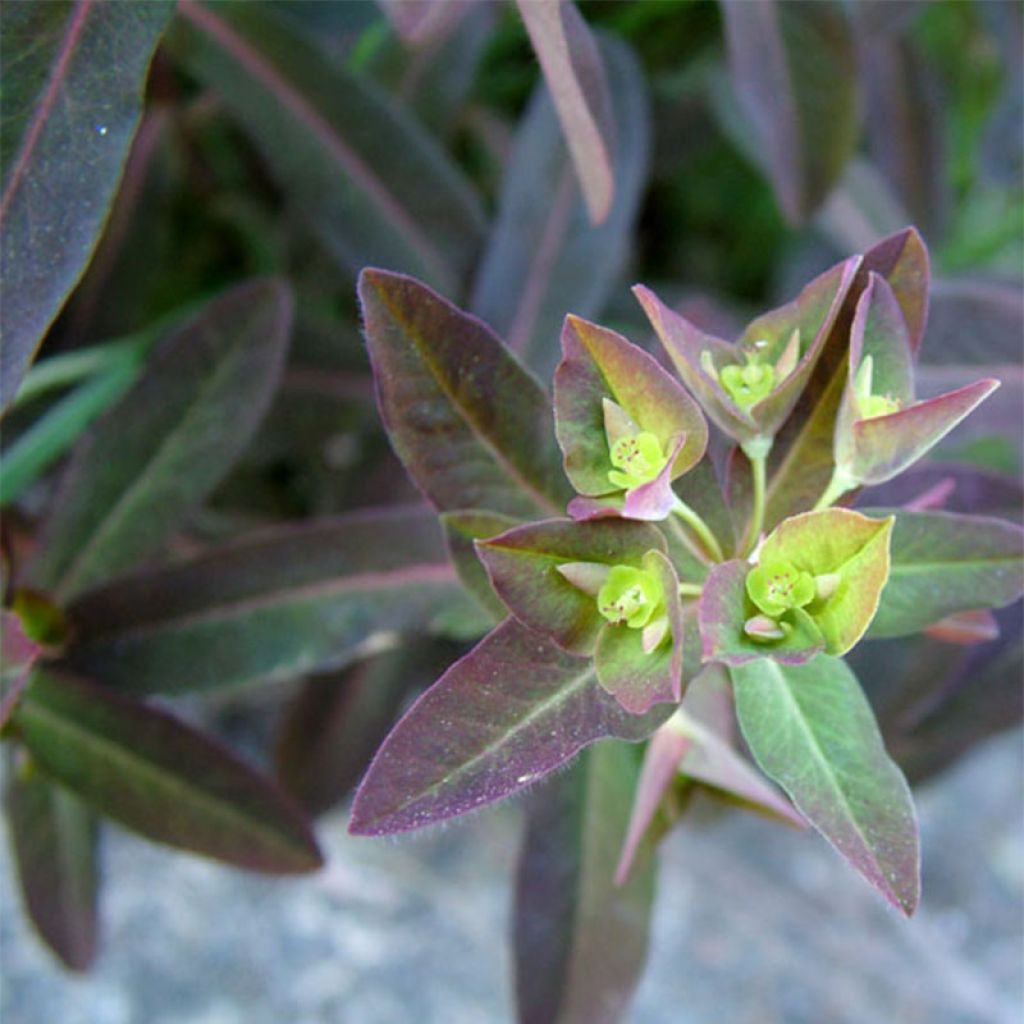

Euphorbia dulcis Chameleon - Spurge
Euphorbia dulcis Chameleon - Spurge
Euphorbia dulcis Chameleon
Sweet Spurge
Why not try an alternative variety in stock?
View all →This plant carries a 12 months recovery warranty
More information
We guarantee the quality of our plants for a full growing cycle, and will replace at our expense any plant that fails to recover under normal climatic and planting conditions.
From €5.90 for pickup delivery and €6.90 for home delivery
Express home delivery from €8.90.
Delivery to Corse prohibited: UE law prohibits the import of this plant from mainland France to Corse as part of the fight against Xylella fastidiosa. Please accept our sincere apologies.
More information

Does this plant fit my garden?
Set up your Plantfit profile →
Description
Euphorbia dulcis 'Chameleon', also known as Sweet Spurge, lives up to its name. It truly has a good character. It will grow in all well-drained soils, adapts to all its neighbours, and endures winter and even drought. Its dense cushion remains beautiful from April to November, displaying fine purple-burgundy foliage, turning bright violet in autumn. In late spring, it is adorned with yellow-green flowers marked with purple. This plant is undoubtedly one of the best dark-foliaged euphorbias. Ideal in full sun or partial shade.
Euphorbia dulcis 'Chameleon' is part of the vast Euphorbiaceae family. 'Chameleon' forms a rounded and regular clump, measuring 40cm (16in) in all directions. Its growth rate is quite slow. When the young foliage appears in spring, it displays the most intense brown-red colour in the world of euphorbias. It takes on vibrant violet shades in autumn. Flowering takes place from May to July, in the form of flowers without petals. The bracts and cyathia are marked yellow-green and purple, before turning violet in autumn. It will make many spontaneous sowings in well-drained or heavy soil, in full sun or in light shade.
Euphorbia dulcis 'Chameleon' is easy to establish in the garden, as long as the soil is well-drained. It will find its place in all perennial beds, forming a beautiful contrast with grey or silver foliage (Artemisia schmidtiana 'Nana', lavender 'Richard Gray', Cotula hispida), or with the white flowering of Filipendula hexapetala 'Plena', or Aster ericoides f. prostratus 'Snow flurry'.
Report an error about the product description
Euphorbia dulcis Chameleon - Spurge in pictures
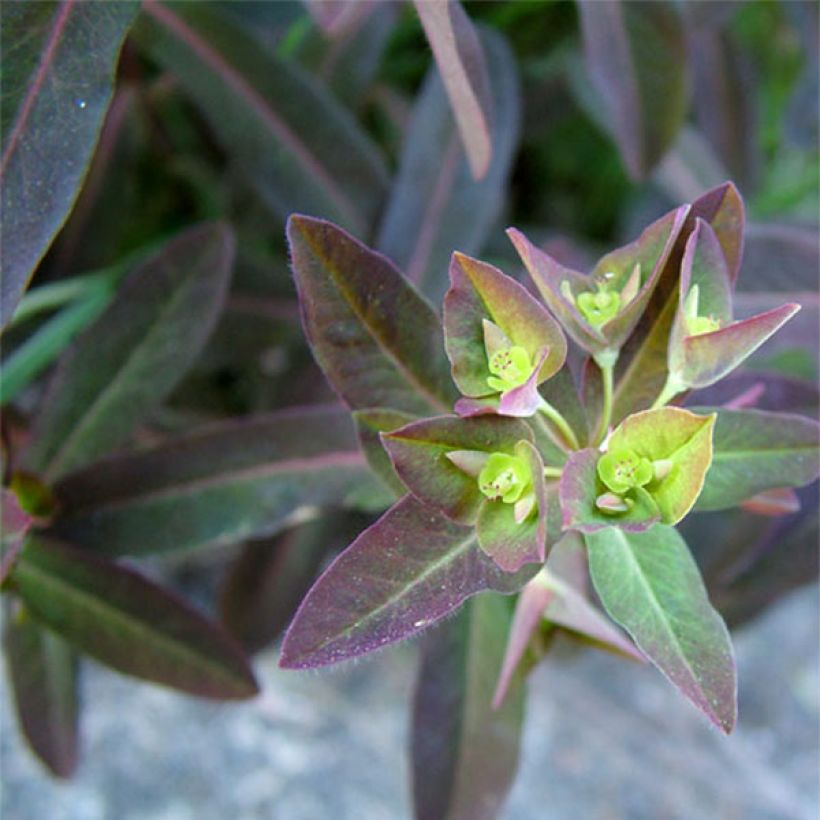

Flowering
Foliage
Plant habit
Safety measures
Botanical data
Euphorbia
dulcis
Chameleon
Euphorbiaceae
Sweet Spurge
Northern Europe
atteintescutaneomuqueuses
Cette plante peut provoquer l'apparition de réactions cutanées indésirables, une atteinte des yeux, ou des difficultés respiratoires si elle est ingérée.
Ne la plantez pas là où de jeunes enfants peuvent évoluer. Evitez tout contact avec la peau: privilégiez l'emploi de gants pour la manipuler. En cas de contact, lavez-vous soigneusement les mains et rincez abondamment à l'eau la zone concernée. Lavez les vêtements entrés en contact. En cas de réaction cutanée, contactez votre médecin ou le centre antipoison le plus proche de chez vous. En cas d'atteinte étendue ou de difficultés respiratoires, appelez immédiatement le 15 ou le 112.Pensez à conserver l'étiquette de la plante, à la photographier ou à noter son nom, afin de faciliter le travail des professionnels de santé.
Davantage d'informations sur https://plantes-risque.info
Other Euphorbia - Spurge
Planting and care
Plant Euphorbia dulcis 'Chameleon' in light, poor, moist to dry, and especially well-drained soil. Neutral or slightly acidic, limestone soil is suitable. This spurge requires a very sunny exposure in cooler regions, where its foliage will be more intensely coloured. It prefers partial shade in warmer and sunnier climates. This plant does not tolerate the combination of heat and humidity well, which is its only weak point. It is advisable to cut back the floral stems at ground level as they fade, waiting for the inflorescences to be completely withered to prevent excessive latex from flowing out. It is essential to protect your hands from the latex as it causes skin inflammation. Pruning may sometimes be necessary to prevent the plant from becoming unsightly or to avoid uncontrolled seed formation and propagation. If sowing is allowed to occur, the seedlings will either be identical to the parent or will revert to the common form.
Planting period
Intended location
Care
-
, onOrder confirmed
Reply from on Promesse de fleurs
Summer flowering perennials
Haven't found what you were looking for?
Hardiness is the lowest winter temperature a plant can endure without suffering serious damage or even dying. However, hardiness is affected by location (a sheltered area, such as a patio), protection (winter cover) and soil type (hardiness is improved by well-drained soil).

Photo Sharing Terms & Conditions
In order to encourage gardeners to interact and share their experiences, Promesse de fleurs offers various media enabling content to be uploaded onto its Site - in particular via the ‘Photo sharing’ module.
The User agrees to refrain from:
- Posting any content that is illegal, prejudicial, insulting, racist, inciteful to hatred, revisionist, contrary to public decency, that infringes on privacy or on the privacy rights of third parties, in particular the publicity rights of persons and goods, intellectual property rights, or the right to privacy.
- Submitting content on behalf of a third party;
- Impersonate the identity of a third party and/or publish any personal information about a third party;
In general, the User undertakes to refrain from any unethical behaviour.
All Content (in particular text, comments, files, images, photos, videos, creative works, etc.), which may be subject to property or intellectual property rights, image or other private rights, shall remain the property of the User, subject to the limited rights granted by the terms of the licence granted by Promesse de fleurs as stated below. Users are at liberty to publish or not to publish such Content on the Site, notably via the ‘Photo Sharing’ facility, and accept that this Content shall be made public and freely accessible, notably on the Internet.
Users further acknowledge, undertake to have ,and guarantee that they hold all necessary rights and permissions to publish such material on the Site, in particular with regard to the legislation in force pertaining to any privacy, property, intellectual property, image, or contractual rights, or rights of any other nature. By publishing such Content on the Site, Users acknowledge accepting full liability as publishers of the Content within the meaning of the law, and grant Promesse de fleurs, free of charge, an inclusive, worldwide licence for the said Content for the entire duration of its publication, including all reproduction, representation, up/downloading, displaying, performing, transmission, and storage rights.
Users also grant permission for their name to be linked to the Content and accept that this link may not always be made available.
By engaging in posting material, Users consent to their Content becoming automatically accessible on the Internet, in particular on other sites and/or blogs and/or web pages of the Promesse de fleurs site, including in particular social pages and the Promesse de fleurs catalogue.
Users may secure the removal of entrusted content free of charge by issuing a simple request via our contact form.
The flowering period indicated on our website applies to countries and regions located in USDA zone 8 (France, the United Kingdom, Ireland, the Netherlands, etc.)
It will vary according to where you live:
- In zones 9 to 10 (Italy, Spain, Greece, etc.), flowering will occur about 2 to 4 weeks earlier.
- In zones 6 to 7 (Germany, Poland, Slovenia, and lower mountainous regions), flowering will be delayed by 2 to 3 weeks.
- In zone 5 (Central Europe, Scandinavia), blooming will be delayed by 3 to 5 weeks.
In temperate climates, pruning of spring-flowering shrubs (forsythia, spireas, etc.) should be done just after flowering.
Pruning of summer-flowering shrubs (Indian Lilac, Perovskia, etc.) can be done in winter or spring.
In cold regions as well as with frost-sensitive plants, avoid pruning too early when severe frosts may still occur.
The planting period indicated on our website applies to countries and regions located in USDA zone 8 (France, United Kingdom, Ireland, Netherlands).
It will vary according to where you live:
- In Mediterranean zones (Marseille, Madrid, Milan, etc.), autumn and winter are the best planting periods.
- In continental zones (Strasbourg, Munich, Vienna, etc.), delay planting by 2 to 3 weeks in spring and bring it forward by 2 to 4 weeks in autumn.
- In mountainous regions (the Alps, Pyrenees, Carpathians, etc.), it is best to plant in late spring (May-June) or late summer (August-September).
The harvesting period indicated on our website applies to countries and regions in USDA zone 8 (France, England, Ireland, the Netherlands).
In colder areas (Scandinavia, Poland, Austria...) fruit and vegetable harvests are likely to be delayed by 3-4 weeks.
In warmer areas (Italy, Spain, Greece, etc.), harvesting will probably take place earlier, depending on weather conditions.
The sowing periods indicated on our website apply to countries and regions within USDA Zone 8 (France, UK, Ireland, Netherlands).
In colder areas (Scandinavia, Poland, Austria...), delay any outdoor sowing by 3-4 weeks, or sow under glass.
In warmer climes (Italy, Spain, Greece, etc.), bring outdoor sowing forward by a few weeks.

































